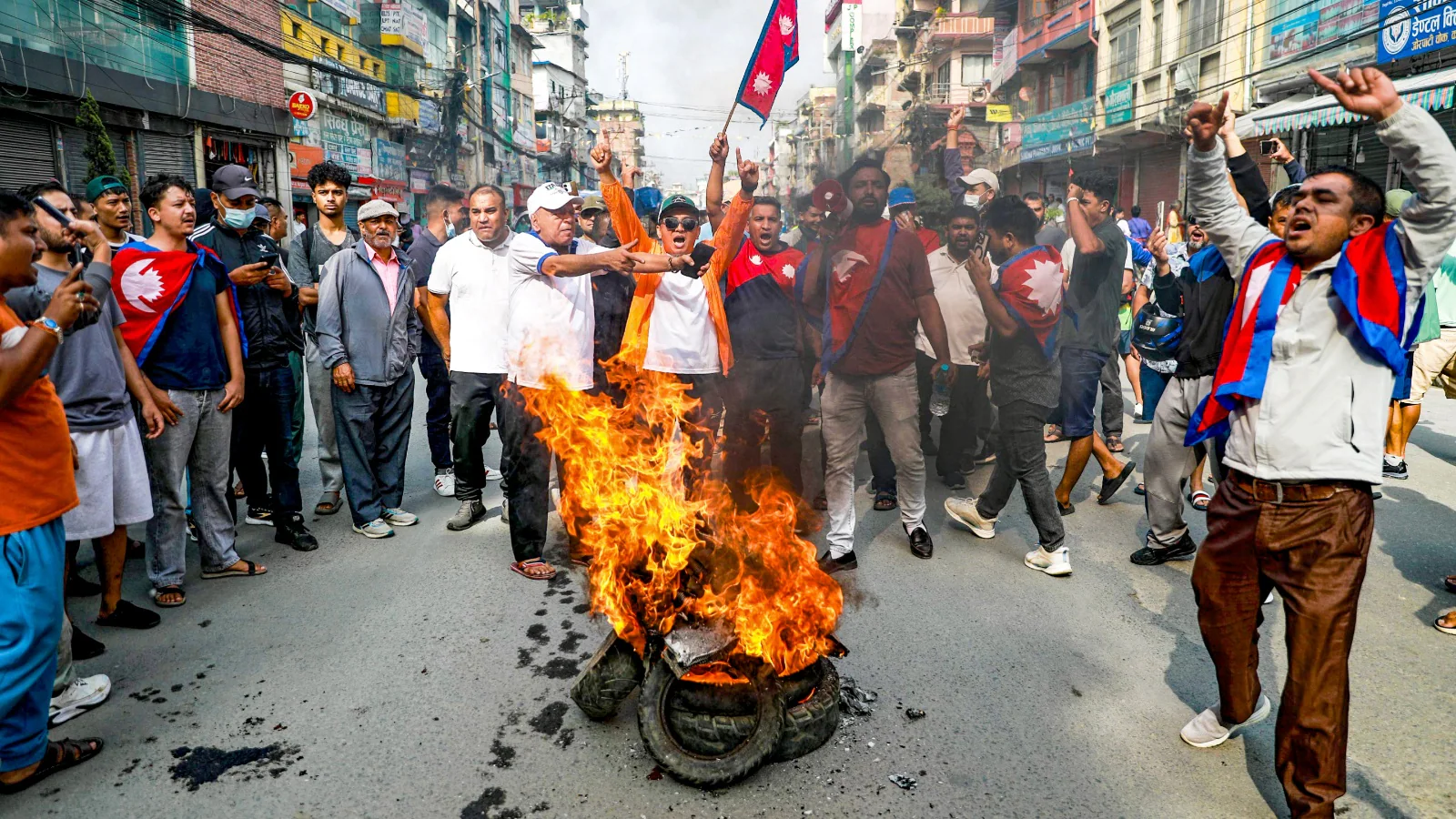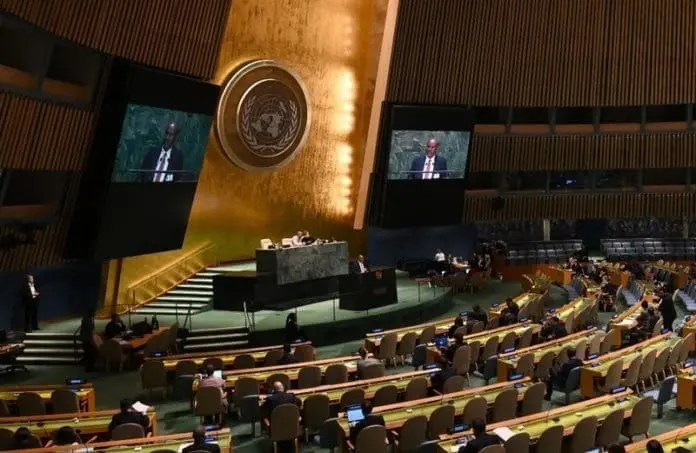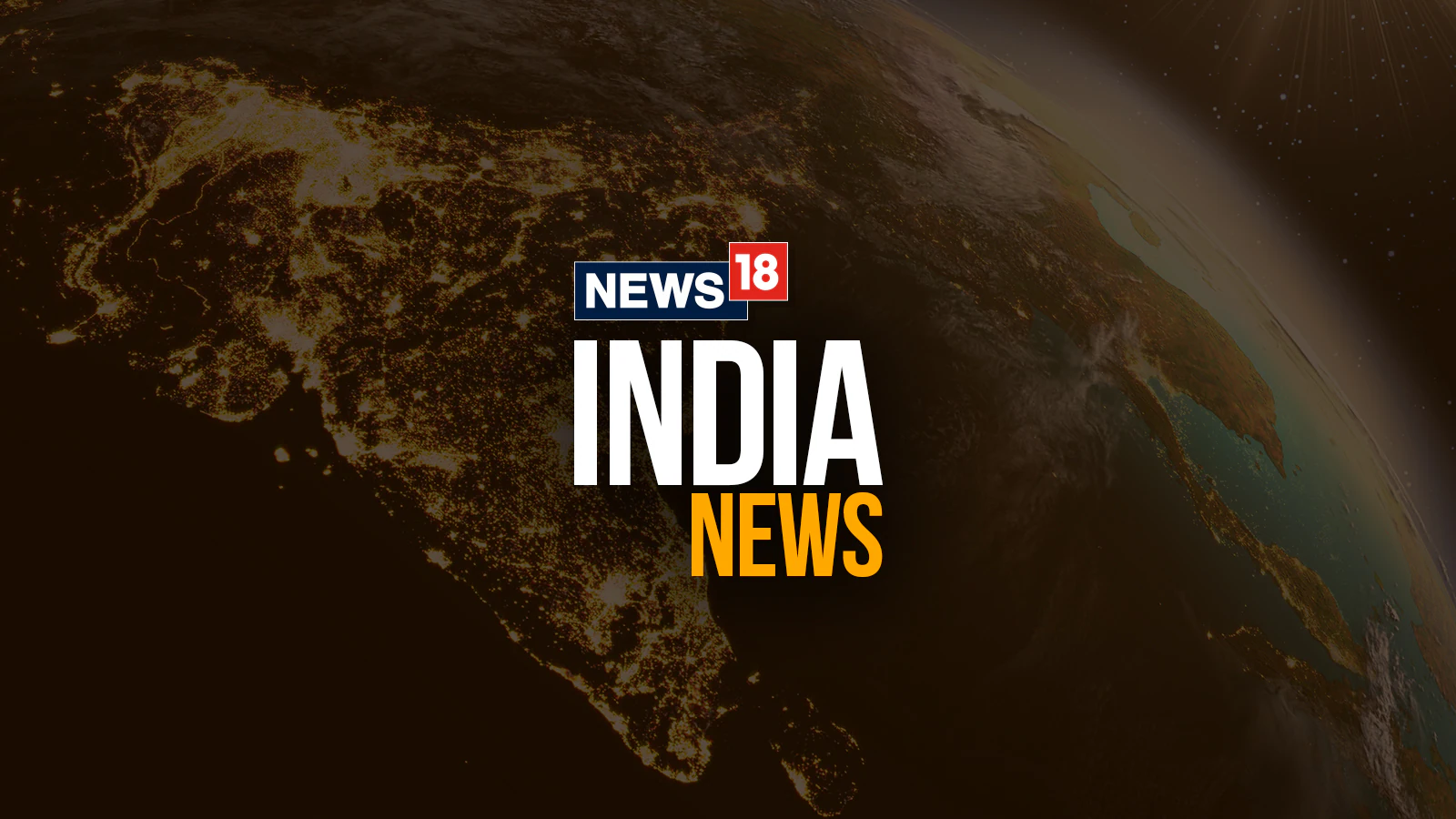By Brabim Karki,News18
Copyright news18

Kathmandu’s streets erupted with the fury of a generation on September 8. Thousands of young Nepalis took to the streets and stormed parliament amid anger over corruption and a social media ban. The response was brutal: reports indicate at least 22 protesters have been killed in clashes with police, with violence escalating into a second day as demonstrators defied curfews, setting fire to government buildings and the homes of political leaders.
Nepal’s “Gen Z Revolution” is a movement that transcends its immediate triggers—a social media blackout and entrenched corruption—to challenge the very wiring of a fragile democracy. These young people are not just demanding change; they are exposing a deeper truth: democracy in Nepal, and perhaps beyond, needs a radical reboot to survive. Their protests signal a generational shift, one that could redefine how power listens—or fails to. By late Tuesday, September 9, Nepal’s military began deploying troops in Kathmandu to restore order, as rampaging protesters targeted the political elite, torching parliament, the Supreme Court, and residences of figures like former Prime Minister Sher Bahadur Deuba. Prime Minister KP Sharma Oli resigned that day, a dramatic concession, but the unrest shows no sign of abating.
Nepal’s Gen Z is not just fighting for free speech or clean governance. They are demanding a system that is responsive, transparent, inclusive, and accountable.
The People’s Movement in 2006 marked another milestone in Nepal’s democracy, leading to the abolition of the monarchy in 2008 and the establishment of Nepal as a republic. It promised inclusion and prosperity. Yet, two decades later, it is just a patchwork of broken institutions and unkept promises. Corruption festers—take the 2017 Airbus deal, where Nepal Airlines lost $10.4 million to shady dealings, with culprits barely punished. Youth unemployment is around 20 per cent, forcing thousands to toil abroad as migrant workers, their remittances propping up a third of the GDP while politicians’ children flaunt wealth on TikTok. The social media ban, imposed on September 4 for the platforms’ failure to register, was the spark, but the kindling was years of neglect.
This is not just about Nepal. Across South Asia—Sri Lanka in 2022, Bangladesh in 2024—youth-led uprisings have toppled governments, driven by economic despair and elite impunity. In Nepal, hashtags like #NepoKid and #NepoBabies have gone viral, exposing the lavish lifestyles of leaders’ children against the grind of ordinary lives. It is a generational cry, amplified by digital tools, against a democracy that feels rigged.
The government’s reversal of the social media ban on September 8, after Home Minister Ramesh Lekhak’s resignation, was a start—but a grudging one, overshadowed by Oli’s exit and the military’s deployment. Real change demands structural reforms: an independent, powerful anti-corruption body, not just the toothless Commission for the Investigation of Abuse of Authority.
Gen Z’s digital fluency and global awareness make them uniquely suited to shape policy—perhaps through a national youth council with real power, not tokenism. Economic opportunity must replace despair. Investments in education and local jobs could stem the brain drain, keeping talent in Nepal. Finally, democracy needs transparency. Open data on government spending and public trials for corruption cases would signal accountability.
But Oli’s government argued that social media regulation was about curbing misinformation and fraud, not silencing dissent. They pointed to Nepal’s economic recovery efforts and claimed protesters exaggerated the scope. Yet, this justification crumbles when police fire on unarmed youth, curfews choke free expression, and the army is called in to quell a movement that has now set the nation’s capital and various parts of the nation ablaze.
Nepal’s Gen Z is doing more than protesting; they are forcing a reckoning. Their movement challenges us all to rethink democracy’s wiring. With Oli gone and the military stepping in, the protesting leaders should suspend demonstrations and pursue a peaceful resolution through dialogue.
The writer is a columnist. His articles have appeared in various publications like The Independent, The Globe and Mail, South China Morning Post, The Straits Times, etc. Views expressed in the above piece are personal and solely those of the author. They do not necessarily reflect News18’s views.



